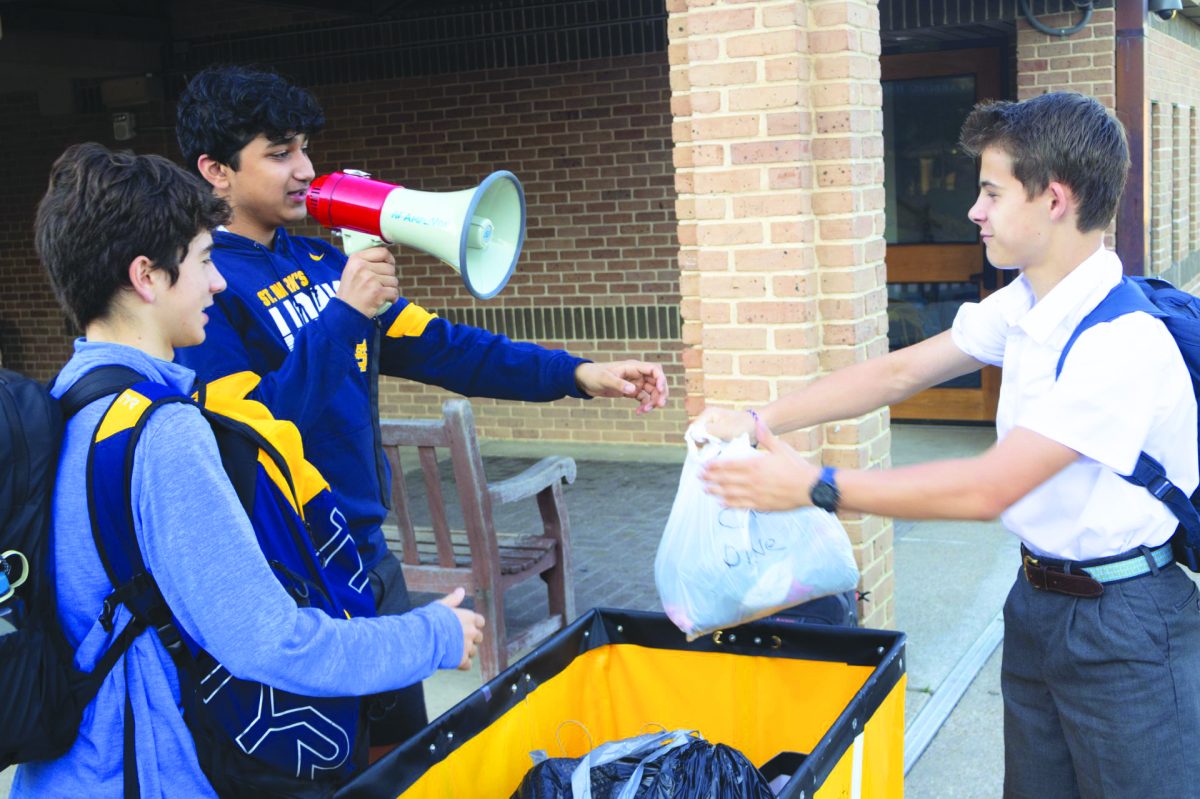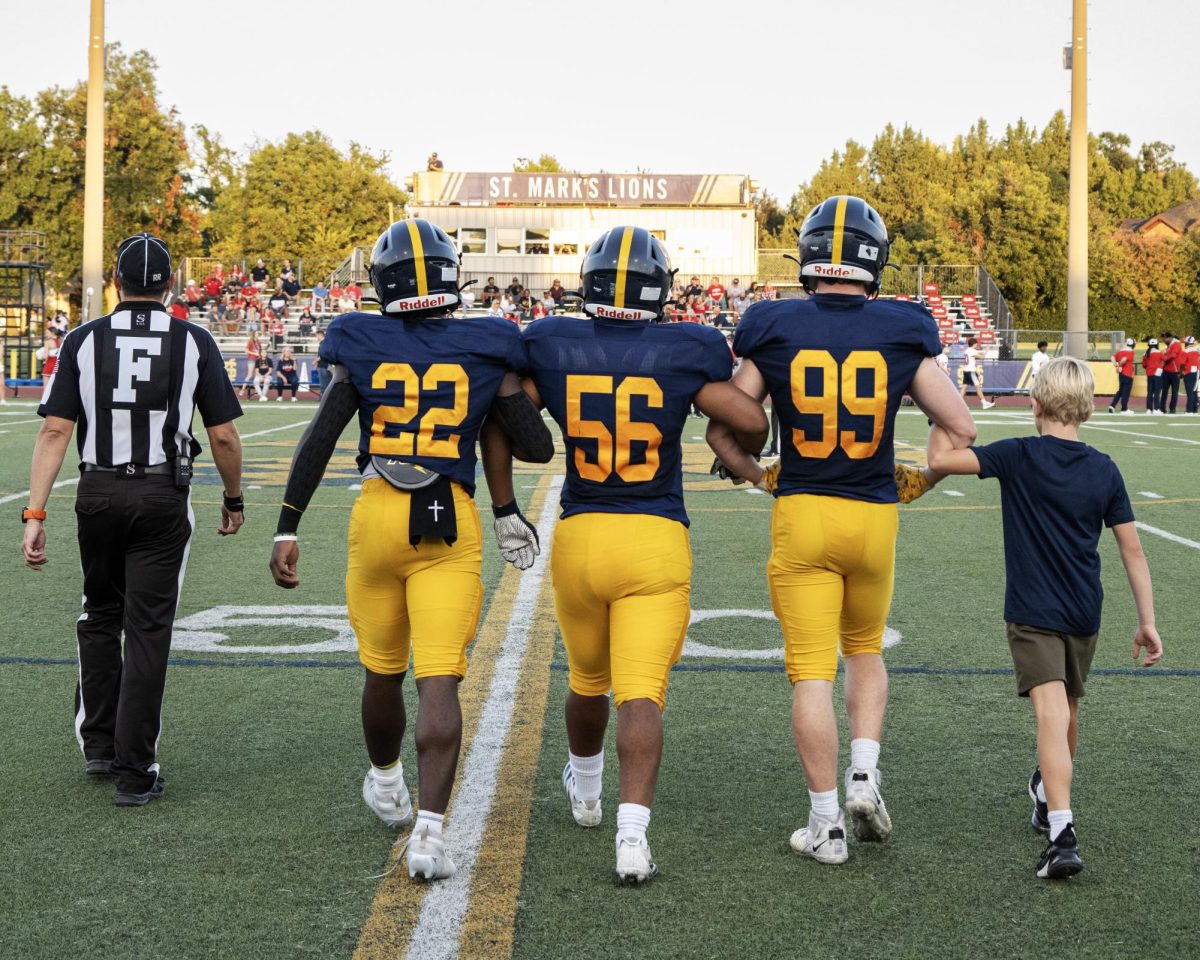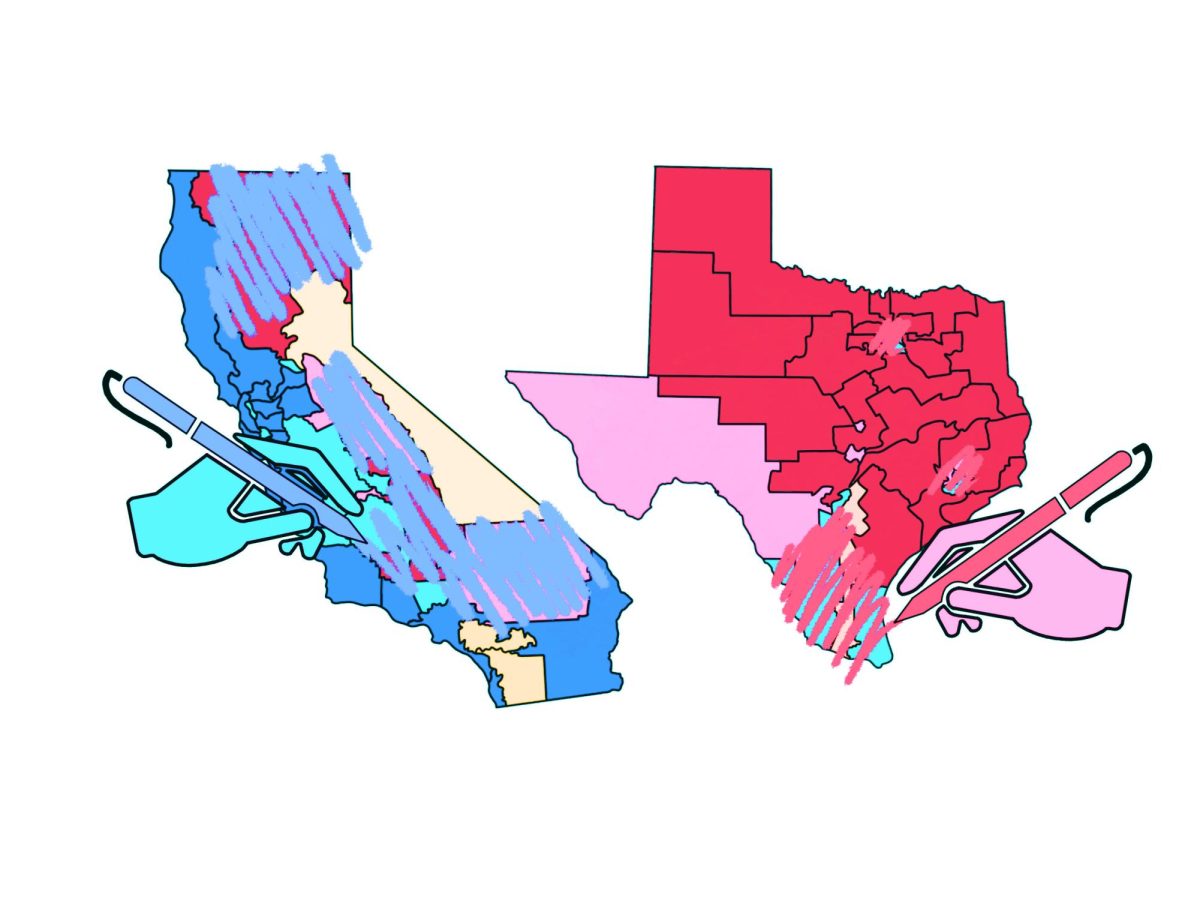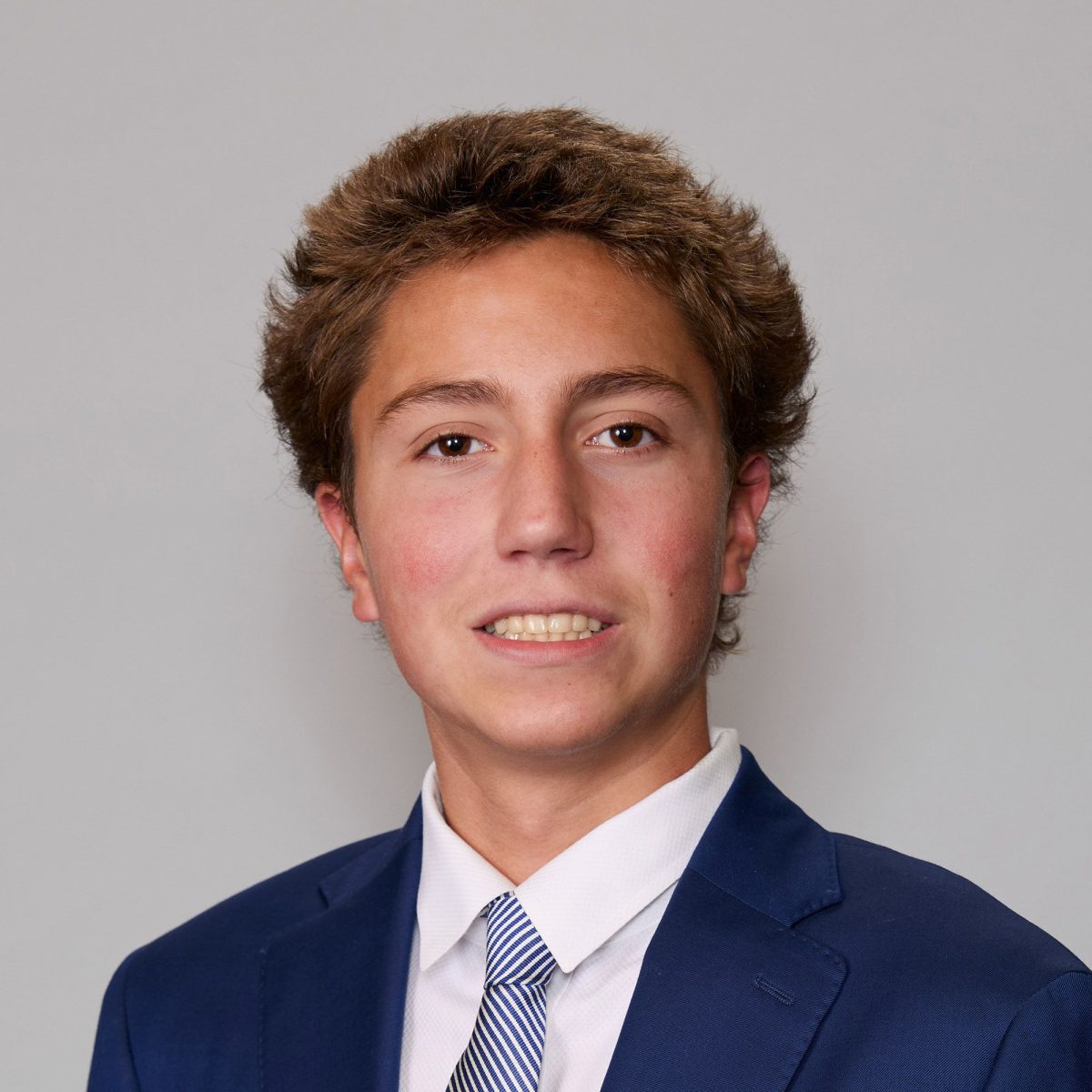For some upper schoolers, community service deadlines spring up out of nowhere. During these frantic situations, students often scramble to find last-minute community service events that will save them from an impending detention.
Sometimes, students will scour MobileServe for events to no avail. But on other occasions, with the clock ticking down, they might spot an event that offers double hours for those who bring a parent — a golden opportunity ready to be taken.
Picking up trash at Bachman Lake, cleaning up debris around White Rock Lake, sorting through litter on local trails. Typically, these sorts of activities all qualify for the double-hour benefit if a student brings a parent to accompany them in the effort.
Though these opportunities have the surface-level value of more service hours to record, there is another purpose that goes beyond meeting requirements with the least amount of effort possible.
For Community Service Vice Chair Ben Standefer, these opportunities intend to encourage participation and expand community involvement, rather than to randomly offer more hours or give students chances to narrowly escape community service deadlines.
“I don’t think they should be required for every event,” Standefer said. “But for the events that we have them implemented in, we do (so) purposely — it’s usually because the organization specifies that it’s a larger event that benefits from a lot of different participants.”
Not only does adding parents to the participants increase the number of total people, but this it also enhances the impact of community service.
“When you get the parents involved, you’re getting the community involved,” Standefer said. “You go with your parents to pick up trash, and maybe at the dinner table, when you talk about your day, you mention how you made a difference with your family. Then, that thought turns to ‘what other kinds of activities can we do to make a positive impact in the community?’”
In addition, Standefer believes that chasing hours is a distinctly separate concept from the true core values that community service represents.
“I think some people misconstrue the purpose of community service a lot at St. Mark’s,” Standefer said. “It’s not a give-and-take exchange system or supposed to be this calculation of doing the minimum number of hours to fulfill a requirement. The whole point of the St. Mark’s community is that we embody our core values every single day.”
Similar to Standefer’s perspective on the purpose for double-hour community service activities, Spanish Teacher and Director of Community Service Jorge Correa believes that these events resonate with the goal of fostering deeper connections.
“I would say that the (double-hour) opportunities started with Habitat, because some students had their parents drive them over there,” Correa said. “So if they stay instead of just living for the shift, we give them the opportunity to work side by side with their son, which I think is a great opportunity to bond.”
Along with the shared ideal of the benefits of parent-son community service, Correa believes that community service is about giving to those in need.
“We all have the time, talent and resources. You can share all of those three, or just one of them. Pick one of them — just choose whatever you want, and assist and work together with people in need,” Correa said.
Ever since Correa took leadership on the Community Service Board, the overarching importance of community service has shifted into the limelight.
“People think differently. They take care of themselves in terms of mental and physical health and give time to themselves and their families,” Correa said. “The job is important, but it’s not your life — it’s part of your life. So all of those things that are changing in terms of the global culture of the world, these new generations, will affect the way in which we engage with other people who are not, or were not, born in the same situation that I was.”
This school year, the Community Service Board hopes to encapsulate some of that shift in a new meaningful mission statement.
“I look at every new year with the hope that one of the guys we get brings something new, something different — a fresh outlook,” Correa said. “One thing that we’re doing this year is making the work we do very obvious by looking at three areas: one, using your mind to think, two, using your heart to love and three, using your hands to serve.”








